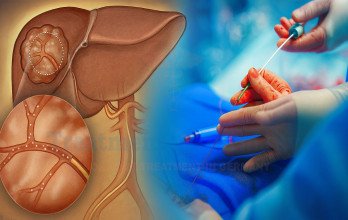
Liver cancer treatment with TACE therapy in Germany offers targeted, minimally invasive treatment, expert specialists, modern imaging, and international patient support.

Learn about stage 4 esophageal cancer treatment options in Germany, including TACE therapy, dendritic cell therapy, costs, doctors, imaging, and support for international patients.

Learn about the latest innovative treatment for bladder cancer in Germany, including dendritic cell therapy, cost, benefits, clinical trials, and international patient support.

Learn about chemotherapy for stage 4 liver cancer in Germany, including treatment process, imaging, costs, clinical trials, and support for international patients.

Cancer treatment with TACE therapy in Germany offers minimally invasive, targeted care for liver and metastatic tumors. Learn about procedure, cost, top doctors, and international patient support.
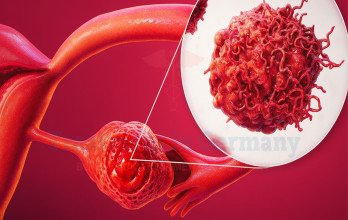
Explore treatment options for ovarian cancer in Germany, including dendritic cell therapy and targeted embolization treatment. Learn about expert doctors, costs, and support for international patients.
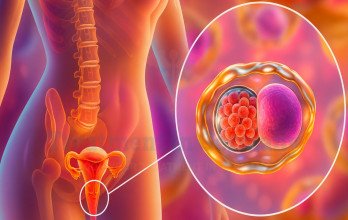
Cervical cancer treatment in Germany includes dendritic cell therapy and targeted embolization, with expert doctors, transparent costs, and full support for international patients.

Get comprehensive late-stage colorectal cancer treatment in Germany with TACE and dendritic cell therapy in Germany, guided by expert doctors and tailored for international patients.

Discover small bowel cancer treatment in Germany using dendritic cell therapy. Learn about expert care, costs, and immune-based solutions for advanced gastrointestinal tumors.

Innovative liver cancer and liver metastases treatment in Germany with TACE and dendritic cell therapy. Learn about innovative treatments, top doctors, costs, and clinical trials for advanced cancer.

Glioblastoma treatment in Germany includes dendritic cell therapy, a personalized immunotherapy option led by Prof. Gansauge. Learn about costs, eligibility, and clinical trials.

Cancer treatment with dendritic cell therapy in Germany provides advanced care, individualized treatment plans, cost details, and strong support for complex cancer conditions.
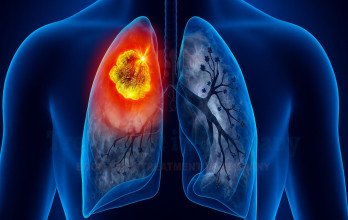
Stage 4 lung cancer treatment in Germany includes TPCE, TACP, and dendritic cell therapy. Guided by top specialists like Prof. Vogl and Prof. Gansauge, patients receive personalized treatment and full international support.
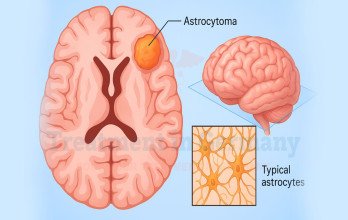
Brain astrocytoma treatment in Germany includes dendritic cell therapy, radiation, and chemotherapy, with expert care and international support for complex or recurrent cases.
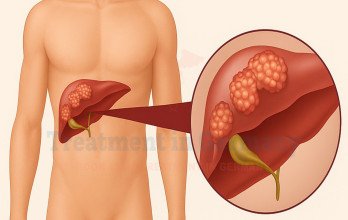
Stage 4 metastatic liver cancer treatment in Germany includes TACE therapy and dendritic cell immunotherapy guided by leading experts, with access to clinical trials and international patient support.

.webp)
 (1).webp)

.webp)
 (1).webp)


.webp)
 (1).webp)

.webp)
 (1).webp)
